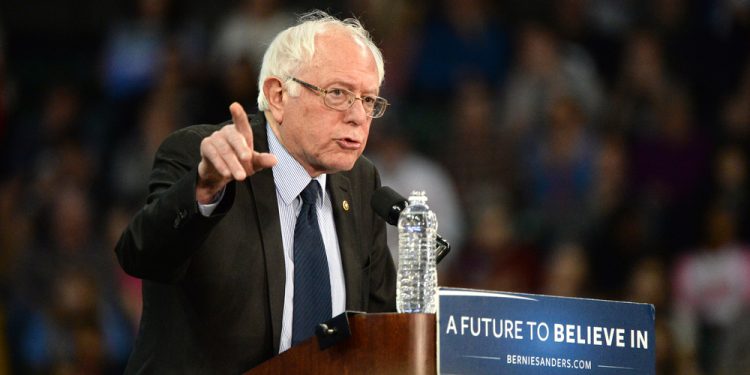
As liberal leaders continue to push for full government control of the American health care system, some are using language that may mislead voters into thinking that they are merely expanding access to Medicare.
May 23, 2018

As liberal leaders continue to push for full government control of the American health care system, some are using language that may mislead voters into thinking that they are merely expanding access to Medicare.
May 23, 2018
As liberal leaders continue to push for full government control of the American health care system, some are using language that may mislead voters into thinking that they are merely expanding access to Medicare. BuzzFeed News recently highlighted this discrepancy ahead of last Tuesday’s Democratic congressional primary in Nebraska:
“Ahead of Tuesday’s primary, conversations with more than two dozen Omaha voters reveal a dynamic that polling, too, has begun to capture: When some moderate and left-leaning voters say ‘Medicare for All’ sounds like a pretty good idea, they aren’t actually thinking about single-payer health care. Instead, they’re thinking about simply expanding the program to include more seniors or children, or offering a public option that people can buy into.”
The Nebraska primary pit the liberal Kara Eastman, who supports a single-payer health care system, against the more moderate Brad Ashford. As BuzzFeed News interviewed local voters, the misleading nature of Eastman’s use of the phrase “Medicare for All” to mean “single-payer” became even more apparent:
“But when it came to a single-payer health care system, [Omaha independent voter John] Quitalig said he drew a line. ‘That’s too socialist for me. I just don’t think that would work.’…Quitalig said he didn’t realize Eastman’s support for Medicare for All meant that she wanted a single-payer system. ‘Yeah, it might affect my vote,’ Quitalig said uneasily. ‘I don’t know about that, in this district. People here might not like that.’”
Eastman is not the only liberal that has misleadingly used “Medicare for All” and “single-payer” health care interchangeably. Both Senators Bernie Sanders (D-VT) and Kirsten Gillibrand (D-NY) have used the phrase “Medicare for All” as a substitute for “single-payer.”
When Gillibrand came out in support Sanders’ proposed single-payer bill, some claimed “her position isn’t new,” pointing to her support of “Medicare for All” in her 2006 campaign, but failing to account for the clear differences between the two policy proposals. As those differences become more apparent, voters, such as those in Nebraska on Tuesday, may begin to demand more detailed outlines of candidates’ health care policy proposals to ensure it aligns with their views.